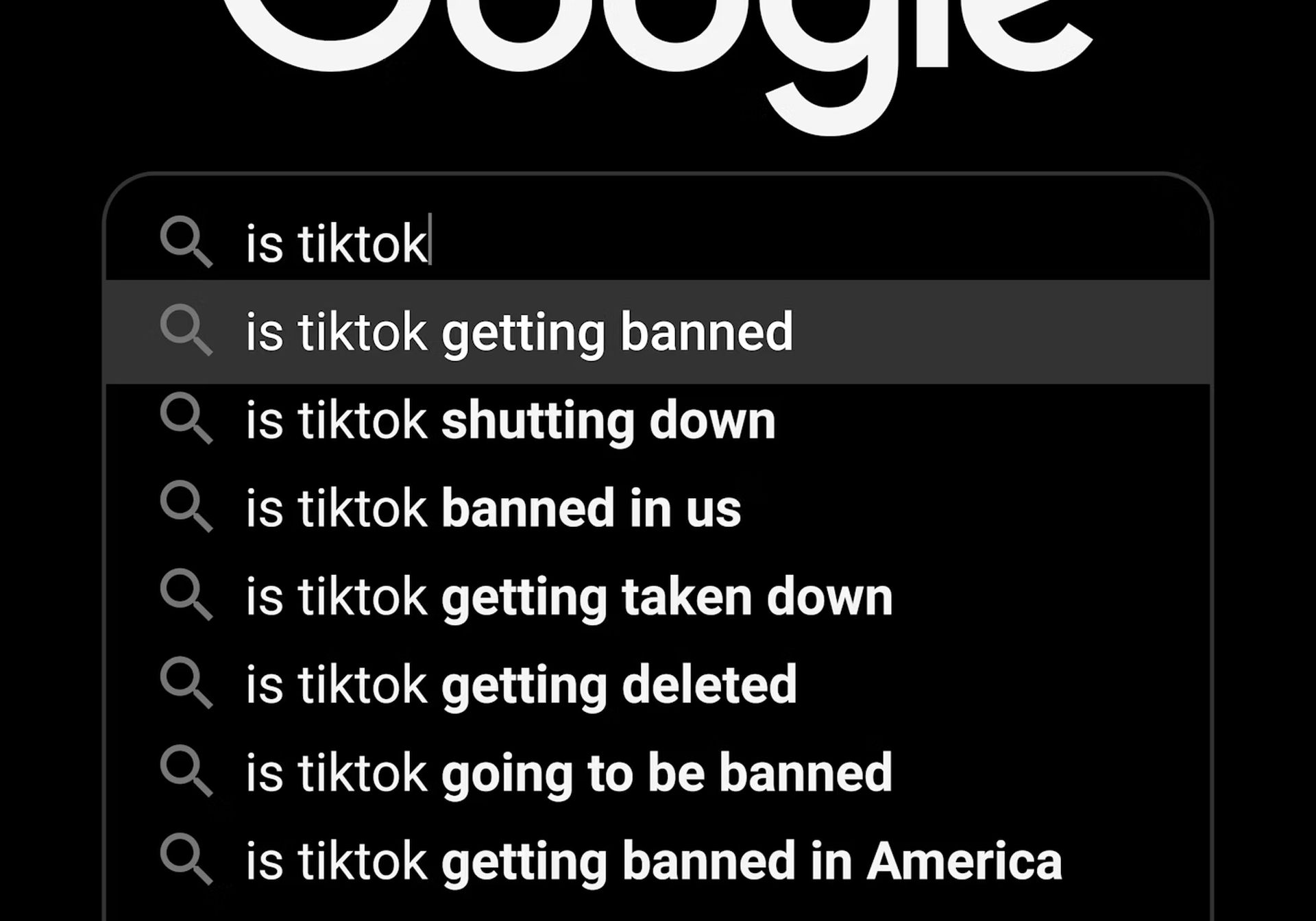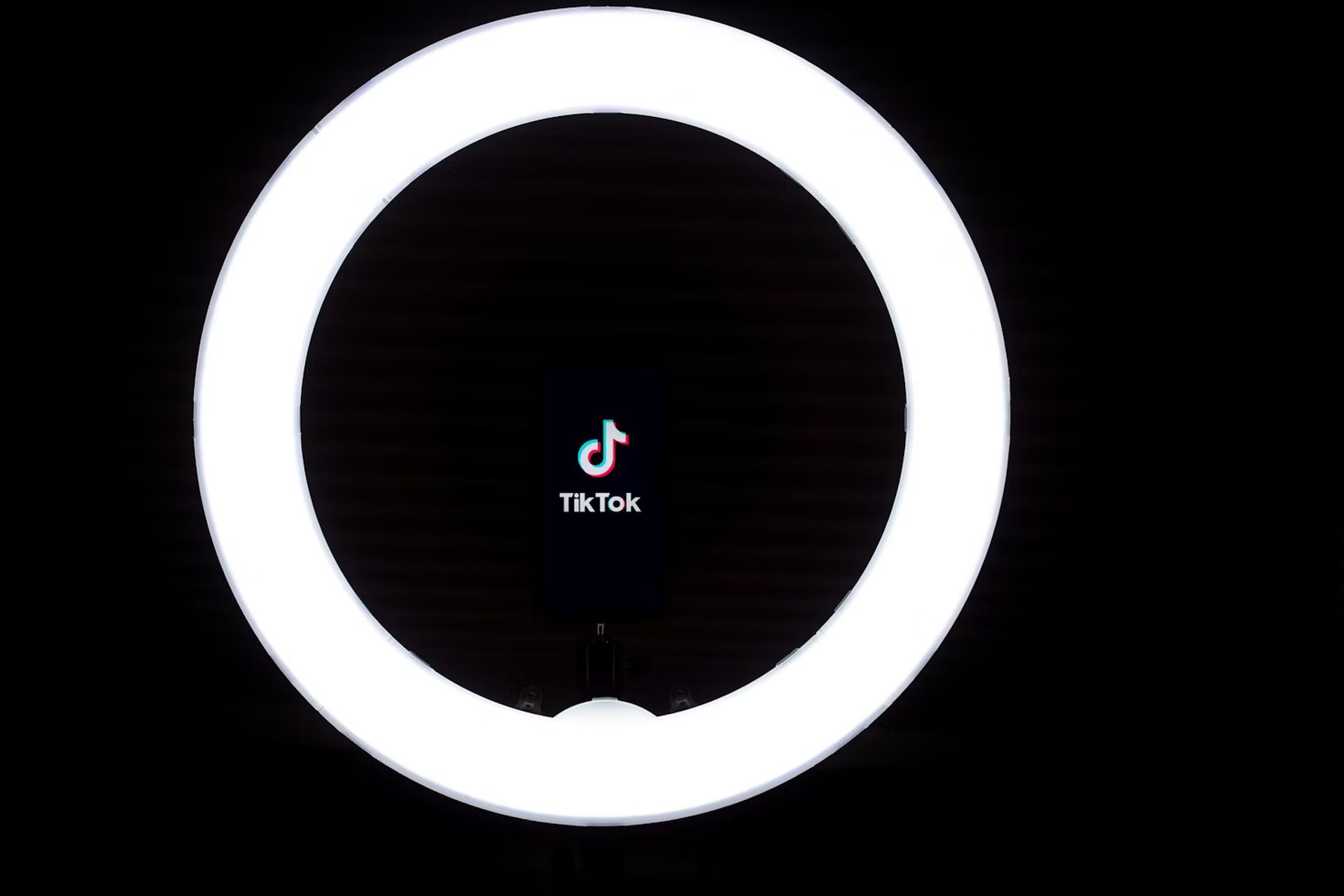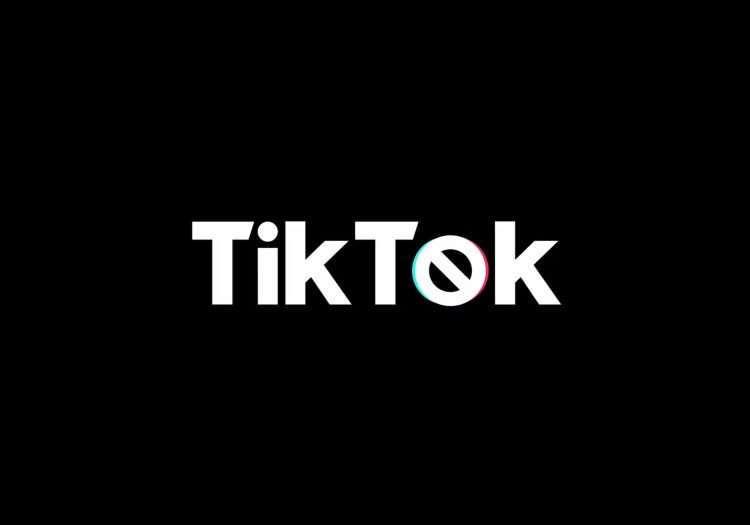TikTok’s future in the United States is hanging in the balance as the platform faces a legal battle that could drastically alter its presence. On Monday, a panel of three judges at the DC Circuit Court of Appeals heard oral arguments on whether TikTok should be forced to divest from its Chinese parent company, ByteDance, by January 19th, 2025. Though TikTok has become a key part of American digital life, with 170 million users, the app’s ownership is now at the center of a heated debate, with national security and free speech both on the line.
A TikTok ban in disguise?
TikTok and a group of creators are suing to block the law mandating the company’s divestment, arguing that it amounts to a ban that would unfairly limit free speech. According to TikTok’s attorneys, forcing the platform to break ties with ByteDance would not only harm the company, but it would also stifle the voices of millions of creators who rely on the app for content creation, self-expression, and information dissemination. “The ultimatum is, in truth, a ban that would stifle the speech of TikTok and its creators,” TikTok’s legal team argued, emphasizing that this law threatens to limit the information Americans can access and share.
According to a report from The Verge, TikTok creators have argued that the app provides a unique space for conversations, creativity, and the sharing of unfiltered opinions—something they claim they can’t find on other platforms. In fact, one TikTok creator, Kiera Spann, described the platform as “the least-censored and most authentic source of information” she’s ever encountered. Her statement underscores TikTok’s importance to those who believe it fosters a more open and diverse conversation than traditional media or other social media outlets.

National security concerns
On the other side of the argument, the Department of Justice (DOJ) defended the law, stating that TikTok represents a national security threat due to its ties to China. According to the DOJ, ByteDance’s alleged exposure to the Chinese government makes TikTok a potential tool for espionage and manipulation. The law, they argue, is a targeted and necessary measure to protect U.S. interests and prevent foreign adversaries from gaining undue influence over American citizens.
For years, lawmakers and government officials have raised concerns about TikTok’s data practices and its ability to influence content recommendations. These concerns have only intensified with recent geopolitical tensions and fears about how foreign adversaries could use technology to manipulate public opinion, especially during sensitive moments like the Israel-Hamas conflict. The judges on the panel seemed to be paying close attention to these concerns, particularly when TikTok’s legal team suggested lesser alternatives to divestment, such as more transparency or disclosure about the company’s data practices. Judges like Neomi Rao and Sri Srinivasan were quick to point out the difficulty of relying on disclosures from a company the government fears is aligned with foreign interests.
The First Amendment debate
One of the key legal questions at play in this case is whether TikTok, as a U.S.-based entity owned by a foreign company, has First Amendment rights. During the two-hour hearing, the judges grappled with how far those rights extend and how they apply when a company’s ownership is under scrutiny. TikTok’s lawyers argued that the platform’s speech and its users’ ability to express themselves are being unfairly targeted by this law, while the DOJ maintained that any speech restrictions are “incidental” and justified by national security concerns.
Interestingly, the judges also explored whether TikTok creators themselves have a vested First Amendment interest in who owns the platform. Jeffrey Fisher, who represented a group of creators in the lawsuit, warned that upholding the law could set a dangerous precedent. He suggested it could lead to broader government restrictions on other media companies with foreign owners, citing companies like Spotify, Politico, or even the BBC as potential targets. This slippery slope argument raises important questions about whether regulating foreign-owned platforms could erode free speech protections in the U.S.

Where does TikTok stand?
While both sides made compelling cases, the judges seemed more skeptical of TikTok’s arguments than those of the DOJ. At various points during the hearing, Judges Rao and Ginsburg appeared to question whether TikTok’s counsel was asking the court to treat Congress as if it were a federal agency, which has stricter rules about enacting findings. “Congress is not the EPA,” Rao pointed out, highlighting the unique authority Congress has to pass laws based on broader national interests.
That said, the judges didn’t let the DOJ off the hook entirely. Some of their questions centered around how far the government’s concerns about foreign ownership and free speech extend. For instance, how do we assess the line between foreign ownership and a platform’s potential to harm U.S. interests? While the national security argument is compelling, it also raises questions about how foreign ownership should factor into First Amendment rights.
As the clock ticks down to the January 19th divestment deadline, TikTok’s fate is still unclear. While this case will likely be appealed to the Supreme Court regardless of the outcome, the January deadline looms large. What happens if TikTok is forced to divest from ByteDance?
Will a U.S.-based entity take over, or could the app face a shutdown in the U.S. altogether?
Featured image credit: visuals/Unsplash





